Supreme Court Falkland Islands (BOT)
The Supreme Court of the Falkland Islands, a British Overseas Territory (BOT), is the highest judicial authority in the Falkland Islands. The court hears appeals and cases of significant importance, including criminal and civil matters.
Key Features of the Supreme Court of the Falkland Islands:
Jurisdiction and Role:
- The Supreme Court has final jurisdiction over appeals and major legal cases originating from the lower courts, such as the Magistrates' Court and the Court of Appeal (if applicable).
- It hears criminal and civil cases of a serious nature, including constitutional issues, disputes involving large sums of money, and cases that might affect public policy or the rights of individuals.
Composition:
- The Supreme Court is typically presided over by a Chief Justice and may include other judges or legal officials when required.
- The Chief Justice of the Falkland Islands is typically appointed by the Governor of the Falkland Islands, who represents the British monarch in the territory.
- The judges of the Supreme Court may include both locally appointed judges and, in some cases, judges who are appointed from the United Kingdom.
Functions:
- Appellate Jurisdiction: The Supreme Court has the power to hear appeals from the Magistrates' Court, lower courts, or tribunals. The Supreme Court’s decisions in these matters are final and binding.
- Judicial Review: It has the authority to review the decisions of lower courts or government bodies, ensuring compliance with the law and upholding constitutional rights.
- Original Jurisdiction: The Court may also have the authority to hear cases directly, without them first passing through a lower court, in matters that require immediate legal attention or involve complex legal questions.
Legal System:
- The legal system of the Falkland Islands is based on English common law. As a British Overseas Territory, the legal principles and precedents that apply in the UK are often followed, but with adaptations specific to the islands.
- Laws in the Falkland Islands are passed by the Legislative Assembly of the Falkland Islands, but the legal framework is still aligned with British constitutional law, and certain matters may be referred to UK courts for decisions.
Appeals Process:
- In cases of significant importance or those that involve complex legal or constitutional questions, an appeal may be made to the Privy Council in London. The Privy Council acts as the final court of appeal for the Falkland Islands.
- The Governor of the Falkland Islands plays an important role in the judicial process, including overseeing certain appointments and ensuring the law is followed.
Court Administration:
- The Supreme Court is managed by the local judiciary, but cases may also involve administrative support and services from the UK or other Commonwealth jurisdictions, ensuring that legal processes are carried out fairly and consistently.
Access to Justice:
- Access to justice in the Falkland Islands is generally facilitated by a small, close-knit legal community, which ensures that individuals can have their cases heard in a timely manner.
- While the Islands are relatively remote, the legal infrastructure is designed to provide residents with access to justice, even in complex or challenging cases.
Conclusion:
The Supreme Court of the Falkland Islands serves as the highest court in the territory, ensuring the administration of justice through its appellate and original jurisdictions. It is part of a legal system deeply influenced by British law and functions within the context of the Islands' status as a British Overseas Territory. The court's decisions are of great significance, particularly as the Falkland Islands is a small community where judicial decisions can have wide-reaching impacts.

















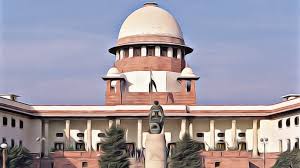

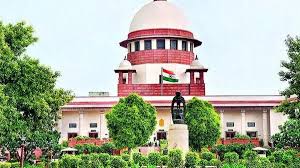









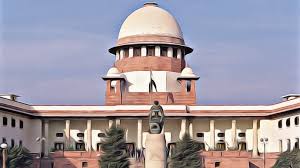




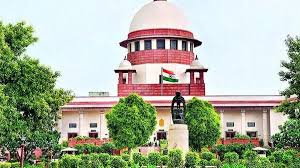




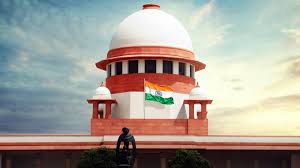



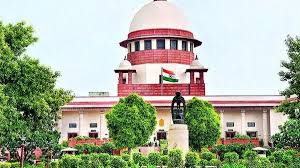


















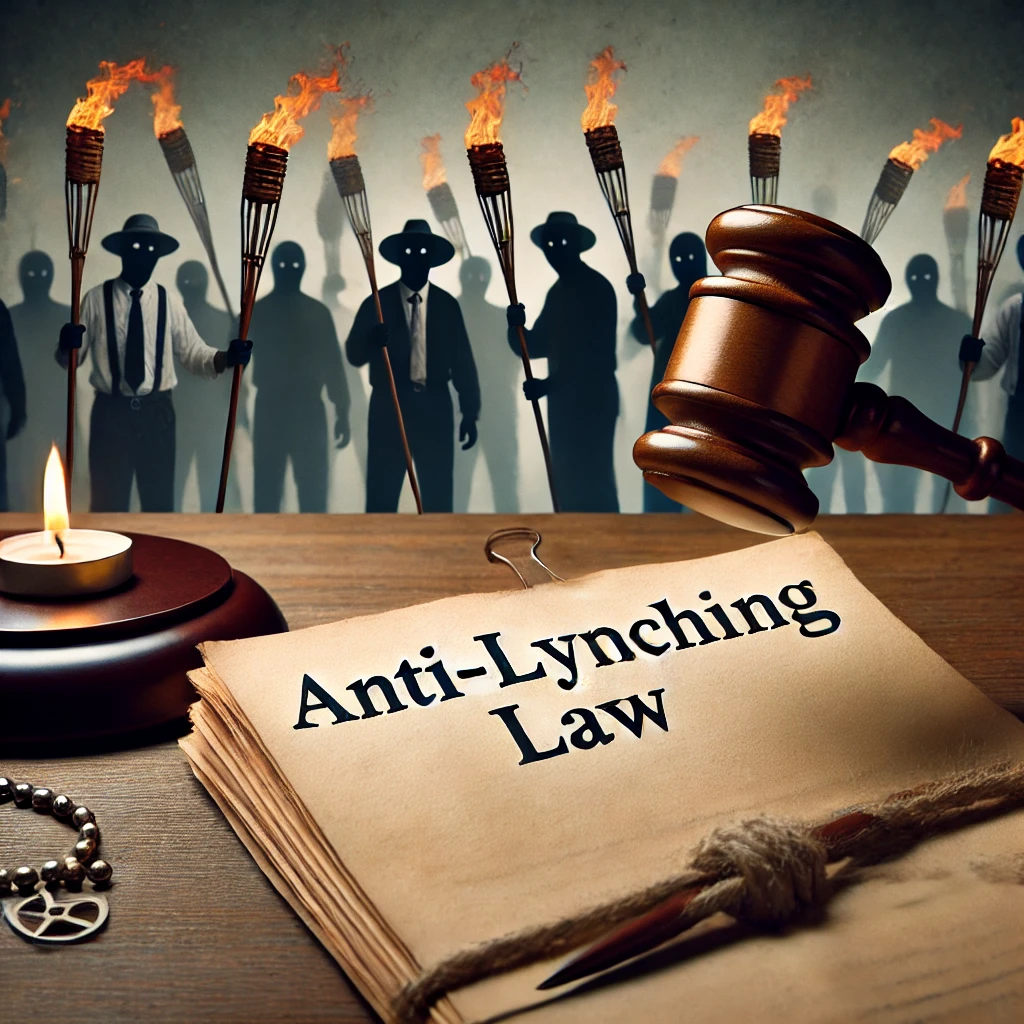
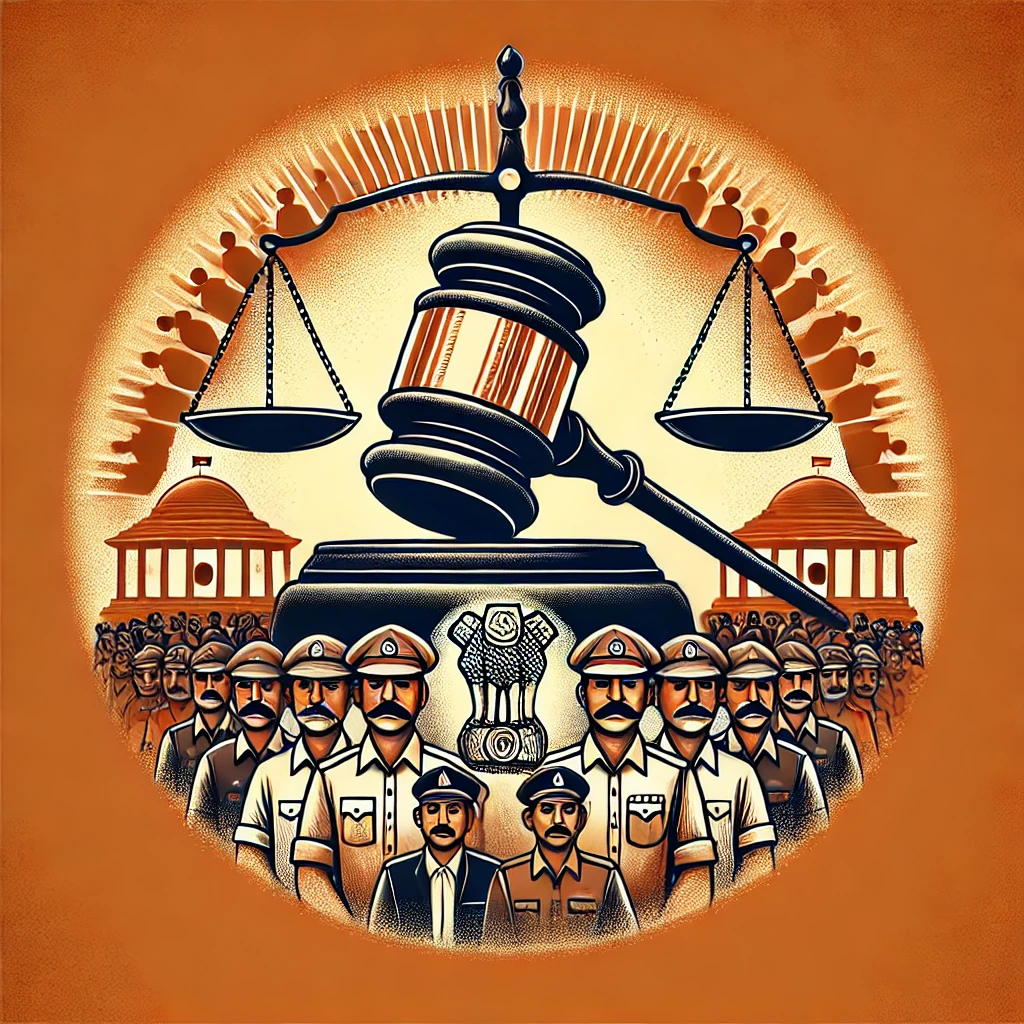


















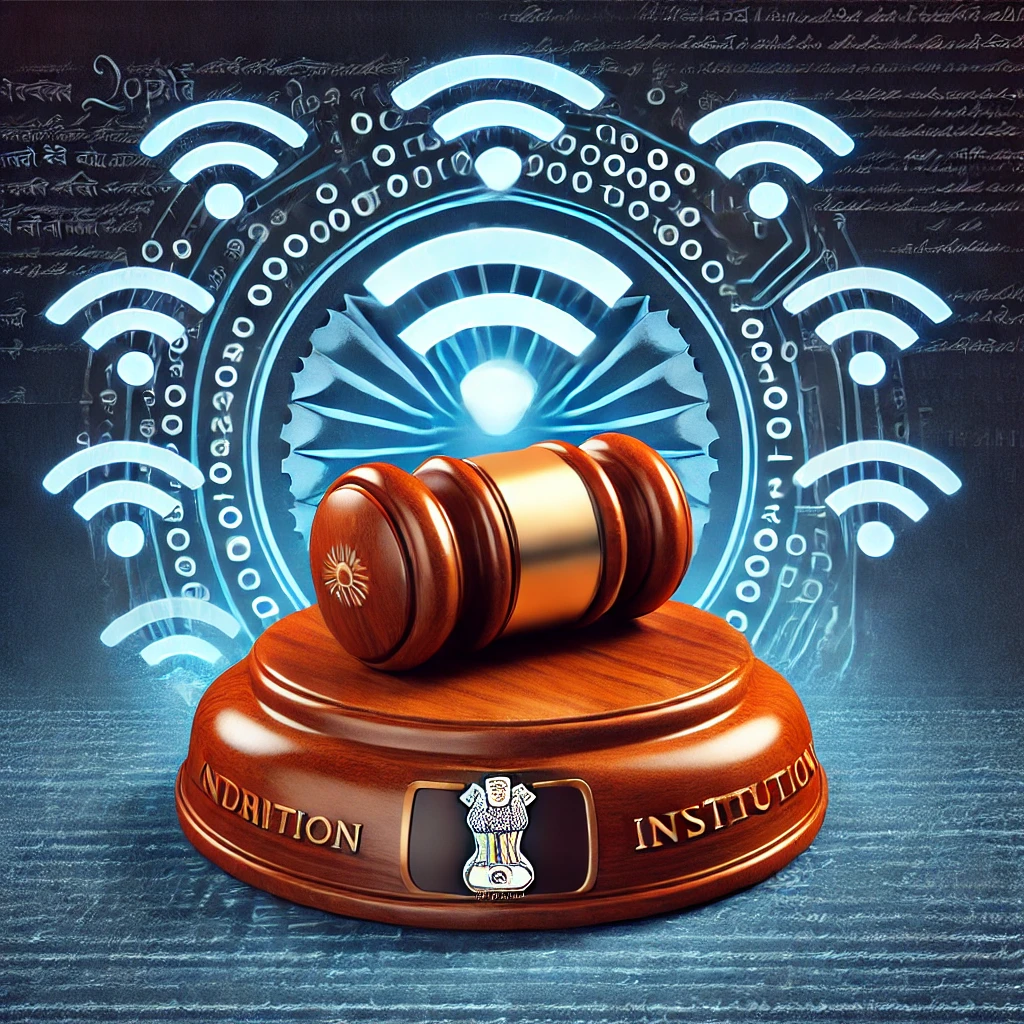

























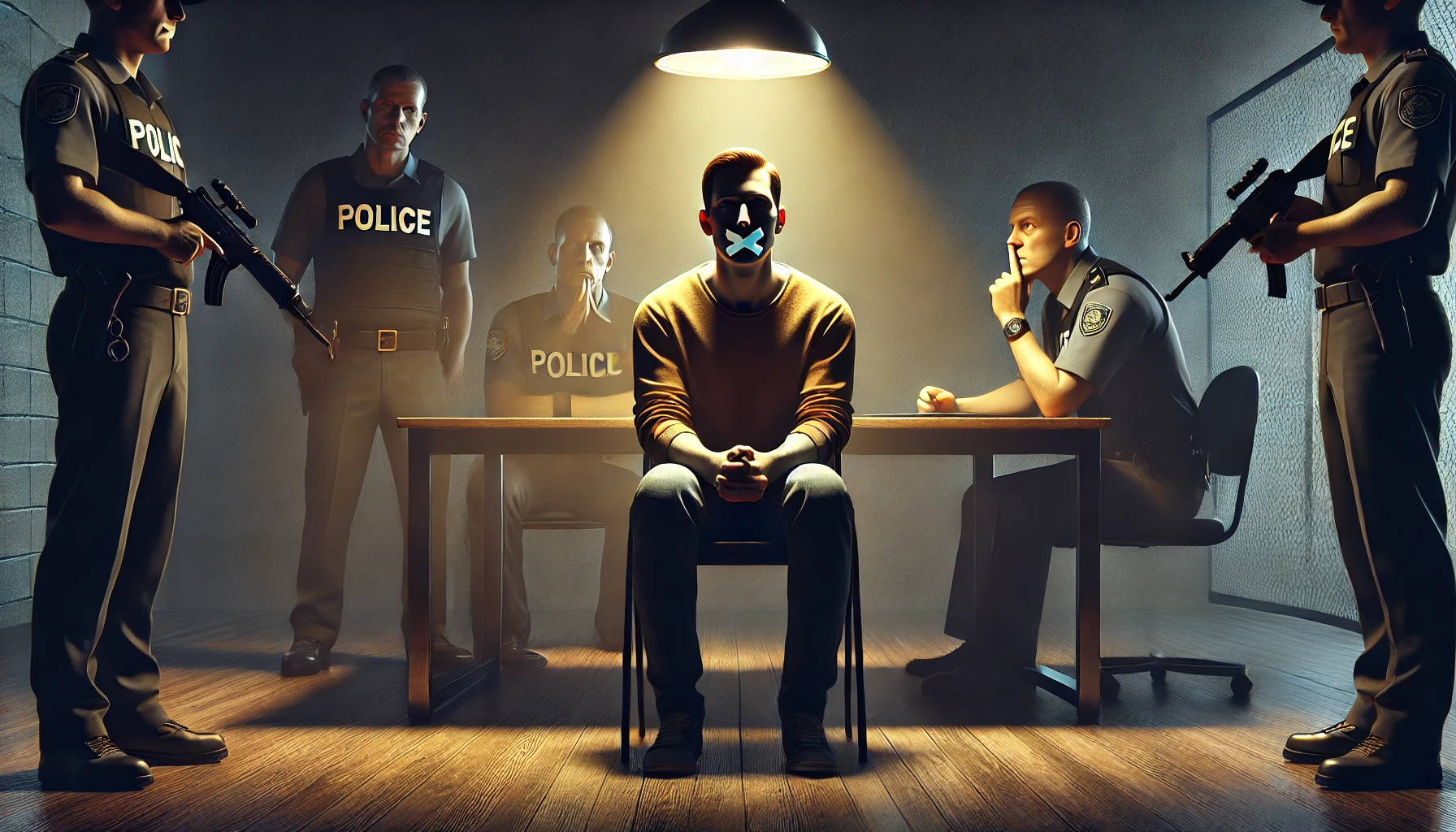








































































































































































































































































































0 comments